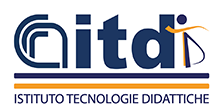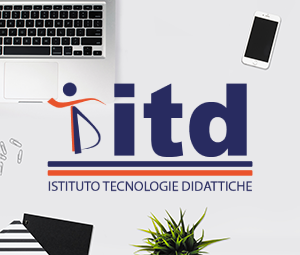Framework
This project falls under the wider theme on learning to learn and focuses on the specific aspect of Information Problem Solving (IPS). seen as the process that ranges from the recognition of and focus on a formative need to the retrieval and selection of information needed, to its integration and processing into personal knowledge. The context is of the general type though ICT and specifically web-based environments prevail due to their ever increasing role of information mediators.
Objectives
The project resumes a research work started in 2002-03 and aims to:
- enhance the comprehension of cognitive skills and behaviours that are likely to affect the progression and results of IPS processes, both on line and on site;
- design learning programmes both for students and for teachers to foster the development of some specific skills and to support effective uses of the Web a an IPS environment.
Workplan
The working methodology tends to merge the theoretical reflection and the experimental dimension. Data already available led to the critical analysis of current learning practices concerning the use of the web, to a proposal for teacher training on the educational use of the web and to the design of a model of the online IPS process derived from the analysis of sessions of web use by people involved in the solution of the same information problem.
The detailed analysis of their behaviours, pointed out the presence of remarkable differences in the modus operandi and in the effectiveness of strategies adopted by different people as well as some critical junctions in the process that we are presently investigating. The first one concerns the role of interrogation competencies, i.e. the ability to change a problem into a question and customize one’s own query and the formulation of the problem according to the results obtained. The second concerns the presence and the kind of inferences put forth in the IPS process with special attention to the presence and role of abductive inferences.
The activity now under way includes an exam of PISA results and the analysis of characteristics and difficulties peculiar to those PISA tests concerning IPS contexts.
Expected results
A taxonomy of the various IPS types
A methodology for the rilevazione of online IPS strategies
Educational proposals and software tools for the use of IPS competencies
 Italiano (Italia)
Italiano (Italia)  English (United Kingdom)
English (United Kingdom) 

